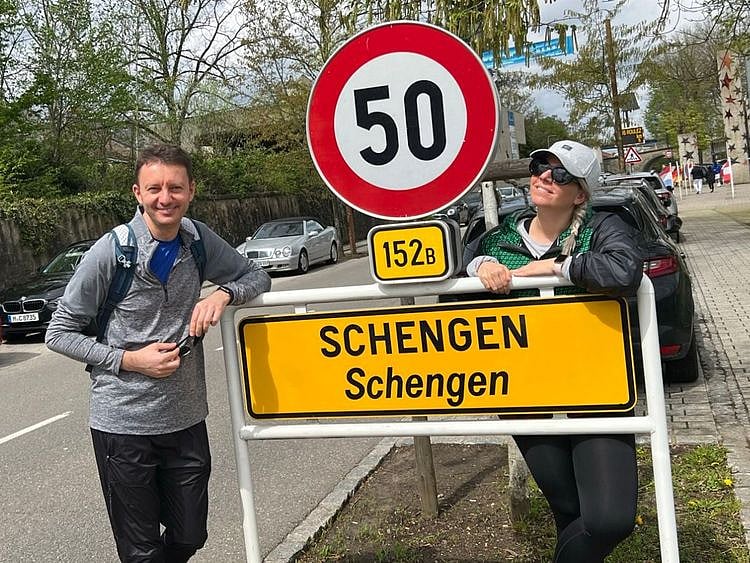List: Changes for citizens of visa-exempt countries visiting Europe
New e-system seeks to streamline travel to Europe for visitors who do not need a visa

From 2026, Schengen Area visitors from 59 visa-exempt countries must apply online for authorisation before entering 30 European countries, including popular destinations like France, Italy, Germany, and Spain.
This comes as the European Travel Information and Authorisation System (ETIAS) kicks in.
What is ETIAS?
It’s a new electronic travel authorisation system aimed to boost security and streamline travel to Europe for visitors who currently do not need a visa.
Pre-authorisation / pre-screening
The system is designed to pre-screen travellers for security, irregular migration, and public health risks, helping authorities identify potential issues before arrival.
Unlike a visa, ETIAS does not guarantee entry but acts as a pre-authorisation linked directly to the traveler’s passport.
When in 2026
Currently, ETIAS is expected to launch around April 2026, about six months after the introduction of the Schengen Entry/Exit System (EES, launched on October 12, 2025), which digitally records travellers’ border crossings.
Once in effect, ETIAS authorisation will be valid for up to three years or until the passport expires – whichever comes first.
How to apply
Travellers may apply online by submitting personal details which are checked against various security databases, making border crossing faster and safer.
ETIAS seeks to modernise European border control much like the United States' ESTA system.
From late 2026 onward, visitors from visa-exempt countries must get their ETIAS travel authorisation before traveling to Europe, ensuring enhanced security and smoother entry into the Schengen Area
List: Visa-exempt countries visiting Europe
Nationals of the following countries and territories holding ordinary passports may enter the Schengen Area and Cyprus without a visa, for short stays (usually 90 days within any 180-day period):
Albania
Andorra
Antigua and Barbuda
Argentina
Australia
Bahamas
Barbados
Bosnia and Herzegovina
Brazil
Brunei
Canada
Chile
Colombia
Costa Rica
Dominica
El Salvador
Georgia
Grenada
Guatemala
Honduras
Hong Kong
Israel
Japan
Kiribati
Kosovo
Macau[b]
Malaysia
Marshall Islands
Mauritius
Mexico
Micronesia
Moldova
Monaco
Montenegro
New Zealand
Nicaragua
North Macedonia
Palau
Panama
Paraguay
Peru
Saint Kitts and Nevis
Saint Lucia
Saint Vincent and the Grenadines
Samoa
San Marino
Serbia
Seychelles
Singapore
Solomon Islands
South Korea
Taiwan
Timor-Leste
Tonga
Trinidad and Tobago
Tuvalu
Ukraine[d]
United Arab Emirates
United Kingdom
United States
Uruguay
Vatican City
Venezuela
[Source: European Commission]
Sign up for the Daily Briefing
Get the latest news and updates straight to your inbox
Network Links
GN StoreDownload our app
© Al Nisr Publishing LLC 2026. All rights reserved.